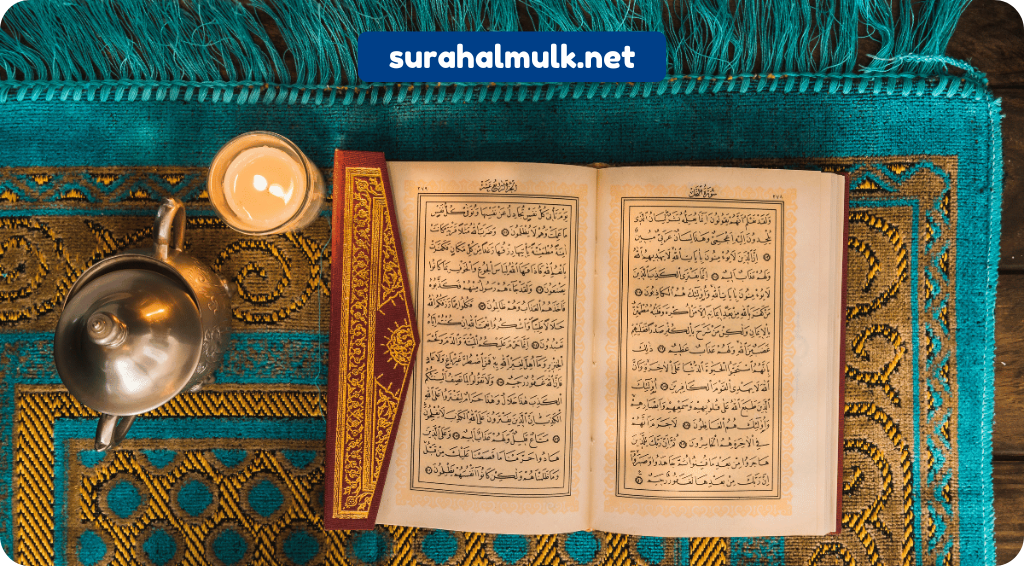The Quran, also spelled Qur’an or Koran, is the foundational and most revered text in Islam. Muslims believe it to be the literal word of God (Allah) revealed to Prophet Muhammad (ﷺ) over a period of approximately 23 years, beginning in 610 CE. It’s not simply a book of stories or teachings; it’s considered a direct communication from God, offering guidance for humanity on all aspects of life.

Structure and Content:
The Quran is comprised of 114 chapters (surahs) of varying lengths, arranged in order of revelation (with a few exceptions). Each chapter is further divided into verses (ayat). The Quran is written in a beautiful and eloquent form of classical Arabic, and its rhythmic language is considered a pinnacle of Arabic literature.
The content of the Quran is vast and diverse. It covers a wide range of topics, including:
- Belief in God (Allah): The Quran emphasizes the oneness and absolute power of God.
- Prophethood: It recounts the stories of earlier prophets like Abraham, Moses, and Jesus (peace be upon them all), emphasizing their message of monotheism and submission to God’s will.
- Guidance for living: The Quran provides moral and ethical teachings, outlining Islamic principles for daily life, social interaction, and worship.
- Law: The Quran lays down some core legal principles, which are further elaborated upon in Islamic jurisprudence.
- Eschatology: The Quran speaks of the afterlife, judgment day, heaven, and hell.
- Signs of God: The Quran encourages reflection on the wonders of creation and the beauty of the natural world, highlighting them as signs of God’s existence.
Importance of the Quran:
The Quran holds immense significance for Muslims. It serves as the primary source of Islamic theology, law, and practice. Muslims revere the Quran and strive to recite, understand, and incorporate its teachings into their daily lives. Here are some key aspects of its importance:
- Divine Revelation: Muslims believe the Quran is the literal word of God, preserved in its original form.
- Guidance for Life: The Quran provides a comprehensive guide for living a moral and ethical life, leading to success in this world and the hereafter.
- Spiritual Connection: Reciting the Quran is a form of worship that fosters a deep connection with God.
- Unity of the Ummah: The Quran serves as a unifying force for Muslims worldwide, providing a common foundation for their beliefs and practices.
The Uniqueness of the Quran:
The Quran is believed by Muslims to possess unique qualities that distinguish it from other religious texts. Here are a few examples:
- Linguistic Beauty: The Quran is renowned for its captivating language and rhythmic flow, even in translation.
- Preservation: Muslims believe the Quran has remained unchanged since its revelation, a testament to its divine origin.
- Scientific Accuracy: Some Muslims believe the Quran contains scientific insights that were ahead of their time. However, the interpretation of these verses is a subject of ongoing debate.
Approaching the Quran:
For those interested in learning more about the Quran, there are several resources available. Translations of the Quran exist in many languages, but it’s important to note that the beauty and power of the original Arabic are difficult to fully capture in translation.
Muslims traditionally recommend seeking guidance from qualified scholars when studying the Quran, as understanding the context and interpretation of the verses is crucial. One beautiful Surah (chapter) to explore is Surah Mulk, which focuses on the power and majesty of God’s creation.
The Quran is a complex and multifaceted text that continues to inspire and guide Muslims around the world. By understanding its content, historical context, and significance, one gains a deeper appreciation for its role in Islam.
Hi, this is a comment. To get started with moderating, editing, and deleting comments, please visit the Comments section in the blog dashboard.vivaldi